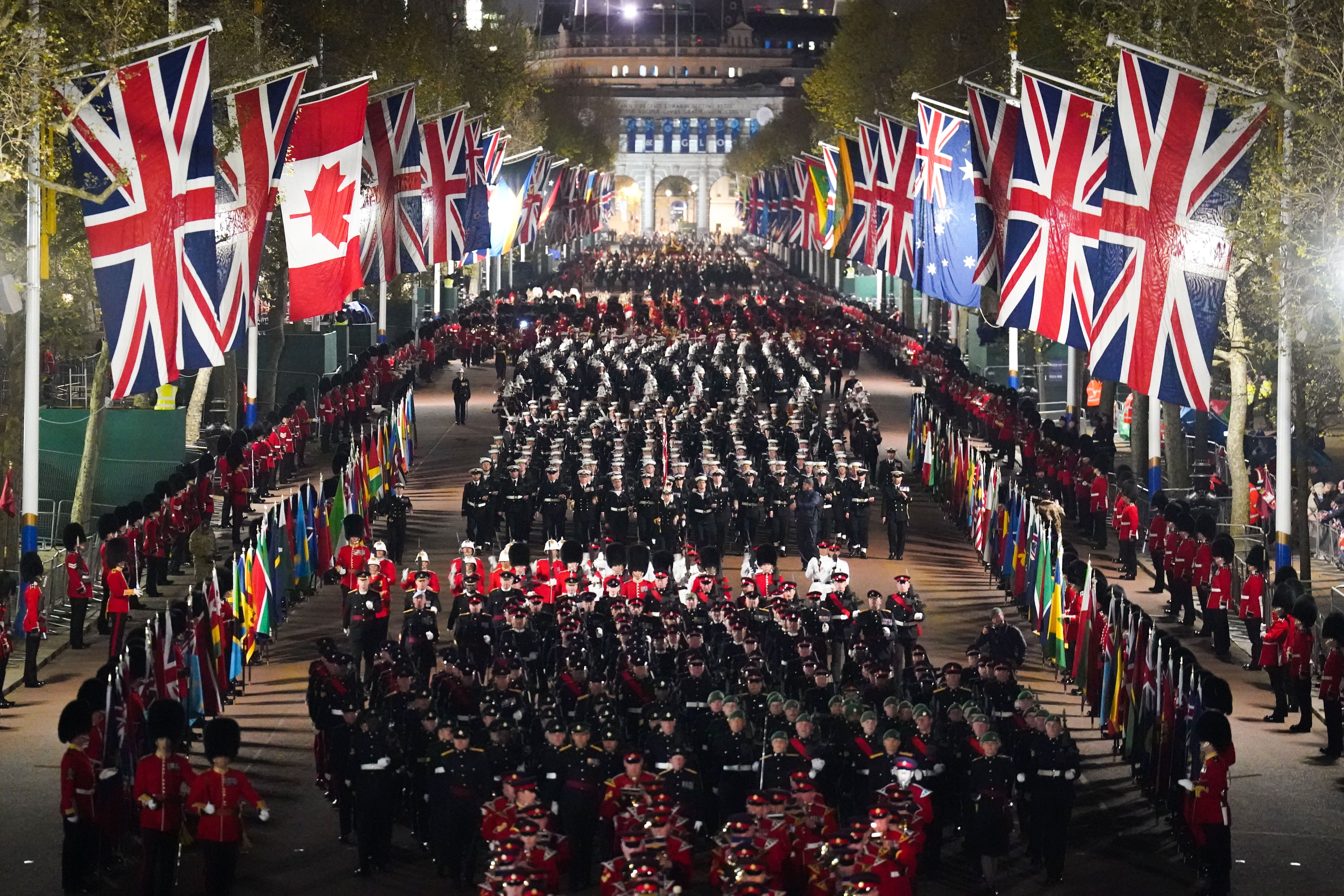Coronation: Police will not stop anti-monarchy protests unless they cause ‘serious disruption’
Senior Met officer says controversial new protest laws ‘don’t apply for someone who’s holding a placard’
Your support helps us to tell the story
From reproductive rights to climate change to Big Tech, The Independent is on the ground when the story is developing. Whether it's investigating the financials of Elon Musk's pro-Trump PAC or producing our latest documentary, 'The A Word', which shines a light on the American women fighting for reproductive rights, we know how important it is to parse out the facts from the messaging.
At such a critical moment in US history, we need reporters on the ground. Your donation allows us to keep sending journalists to speak to both sides of the story.
The Independent is trusted by Americans across the entire political spectrum. And unlike many other quality news outlets, we choose not to lock Americans out of our reporting and analysis with paywalls. We believe quality journalism should be available to everyone, paid for by those who can afford it.
Your support makes all the difference.Police will not stop anti-monarchy protests during the coronation unless they cause “serious disruption” or break the law, a senior officer has said.
Republican groups are planning a series of “Not My King” demonstrations on Saturday, and officers fear some factions may attempt to cause disruption.
Several anti-monarchy demonstrators were arrested or spoken to by police during proclamation ceremonies for King Charles III that followed the Queen’s death in September.
But Metropolitan Police deputy assistant commissioner Ade Adelekan said officers would not intervene over someone merely “holding a placard” in London.
“Protest is lawful,” he told a press conference on Wednesday. “If at any point any protest, either during the coronation or afterwards, moves from being a protest that is lawful into criminal intent then you will see extremely swift action from us.”
A controversial package of new laws came into force when the Public Order Act received royal assent on Tuesday, making it illegal for protesters to lock onto objects or each other, or “interfere with key national infrastructure”.
Suella Braverman, the home secretary, called for police to “make full use” of the new powers and hit out at “so-called ‘eco-warriors’ causing disruption and wasting millions of pounds of taxpayer money”.
“We are giving our police and courts the tools they need to stop this chaos,” she added.
The law creates a new threshold for police intervention against “serious disruption”, including hindrance to journeys, deliveries and services, allowing the arrest of demonstrators who break any conditions imposed.
Mr Adelekan said the new law was “open to interpretation”, adding: “That doesn’t apply for someone who’s holding a placard and the new laws do not deal with that at the present time. If it moves into serious disruption or into criminal matters, then we will deal with those.

“We are confident that you will get the appropriate response that has the right legal framework, which delivers the results that we want, and a great celebration for all of us.”
Following a wave of heckling and protests at ceremonies for the proclamation of King Charles III in September, there was confusion about application of the Public Order Act to signs and statements that some found offensive.
A man who shouted “who elected him?” during a proclamation ceremony in Oxford was later charged under the law, with “threatening or abusive words or behaviour … within the hearing of a person likely to be caused harassment, alarm or distress”.
Symon Hill told The Independent the charge was “not an accurate description of anything I said or did”.
The Crown Prosecution Service dropped the charges after a review, but the application of powers against “harassment, alarm or distress” for anti-monarchy protests could arise again.
The policing and security operation around the coronation, codenamed Golden Orb, is one of the largest ever seen in Britain.
There will be more than 29,000 police officer deployments over the coming week in the lead-up to the coronation, with officers drawn from across the UK, crown dependencies and overseas territories.
The day of the coronation itself will see over 11,500 officers on duty, in the largest one-day mobilisation seen in decades.
They will be lining the processional route, managing crowds and road closures, protecting royals and dignitaries, and carrying out searches with specialist teams.
Armed protection officers, snipers, dog teams, marine units and officers “trained in behaviour detection techniques” will be on duty to protect both the coronation itself and the crowds packing the streets.
Mr Adelekan urged people to report anything suspicious to police, adding: “Our officers are here to help you, if you feel like something doesn’t look right please speak with us.”
The appeal came after a man was arrested outside Buckingham Palace on Tuesday evening.
He allegedly asked a police officer whether he could speak to a soldier, and when told he could not started throwing shotgun cartridges over the gates.
No one was injured and the man is being held in custody following a mental health assessment.




Join our commenting forum
Join thought-provoking conversations, follow other Independent readers and see their replies
Comments